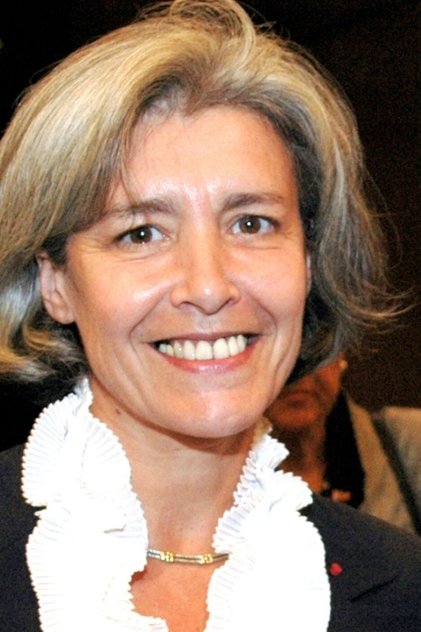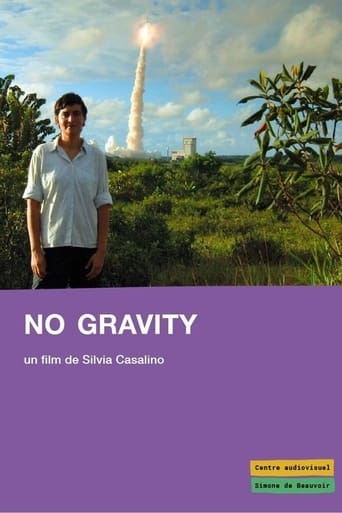
Claudie Haigneré
Claudie (André-Deshays) Haigneré (born 13 May 1957) is a French doctor, politician and former astronaut with the Centre National d'Études Spatiales (1985–1999) and the European Space Agency (1999–2002). Born in Le Creusot, Claudie Haigneré studied medicine at the Faculté de Médecine (Paris-Cochin) and Faculté des Sciences (Paris-VII). She went on to obtain certificates in biology and sports medicine (1981), aviation medicine and space medicine (1982), and rheumatology (1984). In 1986 she received a diploma in the biomechanics and physiology of movement (1986) and received her doctorates in rheumatology (1984) and neuroscience (1992). Out of 10,000 candidates, France's space center selected only six men and one woman: Claudie Haigneré. She first qualified as an engineer and emergency pilot to the Space Shuttle. She first served as a back-up crew member for the 1993 Mir Altaïr mission in which her future husband Jean-Pierre Haigneré participated. The asteroid 135268 Haigneré is named in their combined honour. In 1994, Claudie Haigneré began training at the Yuri Gagarin Cosmonaut Training Center in Star City, Russia, for the Franco-Russian Cassiopée mission and learned Russian during her time there. On 17 August 1996, she became the first French woman to go to space as she and two Russian cosmonauts, commander Valery Korzun and flight engineer Aleksandr Kaleri, launched into space aboard the Soyuz TM-24 on the Russian-French Cassiopée mission. While on the mission, Haigneré visited the Mir space station for 16 days and she conducted comprehensive experiments in the fields of physiology and developmental biology, fluid physics and technology. In 1999, Haigneré commanded a Soyuz capsule during reentry and became the first woman qualified to do so. As the flight engineer on Soyuz TM-33 in 2001, she became the first European woman to visit the International Space Station. After the mission, Claudie Haigneré continued her involvement in space science by attending scientific workshops and conferences. She also contributed to data analysis and constructions for the scientific programs of future projects. She eventually retired from ESA on 18 June 2002. Following her career as an astronaut, Claudie Haigneré entered French politics in Jean-Pierre Raffarin's government. She was minister delegate for Research and New Technologies from 2002 to 2004 and succeeded Noëlle Lenoir as minister delegate for European Affairs from 2004 to 2005. Haigneré was named as the founding director of Universcience in 2009. At that time, she was an advisor to the Director General of the ESA. In 2015, Haigneré resumed serving as a special advisor to ESA's Director General. ... Source: Article "Claudie Haigneré" from Wikipedia in English, licensed under CC-BY-SA 3.0.
- Заголовок: Claudie Haigneré
- Популярність: 0.001
- Відомий за: Acting
- День народження: 1957-05-13
- Місце народження: Le Creusot, Saône-et-Loire, France
- Домашня сторінка:
- Також відомий як:



